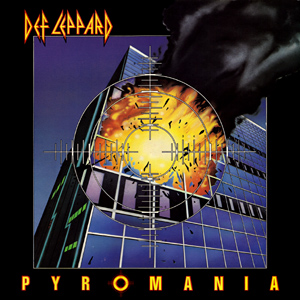
I first had the opportunity to talk to Jon Mikl Thor back in 2005, while he was in the midst of a gruelling tour and had recently suffered an onstage accident in which he was nearly electrocuted. Despite that, he was very upbeat about his music career and made for a great interview. The only kicker was, I was interviewing him for Lögberg-Heimskringla, an Icelandic ethnic newspaper, and in the course of the interview learned he was not of Icelandic background at all.



